Comparison guide for carbon zinc battery vs alkaline
Before we discussed the comparison of lithium vs alkaline batteries, now let’s see how to choose between carbon zinc battery vs alkaline battery.
Table of Contents

The choice between a carbon zinc battery vs alkaline battery should come down to where you are using the battery. Not only are there some technical differences between the two batteries, but the main difference is the type of electrolyte used in these batteries. Zinc batteries use ammonium chloride, whereas alkaline batteries use potassium hydroxide.
But should the electrolyte used influence you on which battery between the two to buy? This article will explore the key differences between carbon zinc battery vs alkaline batteries and hopefully give you the necessary answers before purchasing.




Are carbon zinc batteries and alkaline batteries rechargeable
No, they are not. Zinc-carbon batteries are primary batteries that need to be disposed of once they deplete charge. The same goes for alkaline batteries. An attempt to recharge either of these batteries is risky as they may explode.What can carbon zinc batteries and alkaline batteries be used for
The debate on carbon zinc batteries vs alkaline batteries usually comes down to their application. Which battery is used where, and why is it the preferred choice. Zinc-carbon batteries are used in electrical appliances that consume little energy, such as wall clocks, television remote controls, and flashlights. Alkaline batteries for the part are used where long-lasting, constant high-energy output is required, such as in electric fan, radios, and portable CD players.
The difference between carbon zinc battery vs alkaline battery
The main difference between carbon zinc battery vs alkaline is the electrolyte used; zinc batteries use acidic ammonium chloride, whereas alkaline batteries use basic potassium hydroxide. However, there are other differences. These are: ● Compared with carbon-zinc batteries, alkaline batteries have higher energy density. ● Alkaline batteries have a larger capacity and are more adaptable to high current discharge. ● In shelf-life, alkaline batteries also edge out zinc batteries. Compared to carbon zinc batteries, alkaline batteries have a longer shelf-life, i.e., in storage, they can retain their capacity longer. ● In the application of carbon zinc batteries vs alkaline batteries, carbon zinc batteries are used in devices that utilize low energy. In contrast, alkaline batteries are used by devices with sustained higher energy. ● Zinc batteries use the zinc plate as the anode, while alkaline batteries use zinc powder as the anode. ● Alkaline batteries are safer than carbon zinc batteries as the latter are prone to leakages.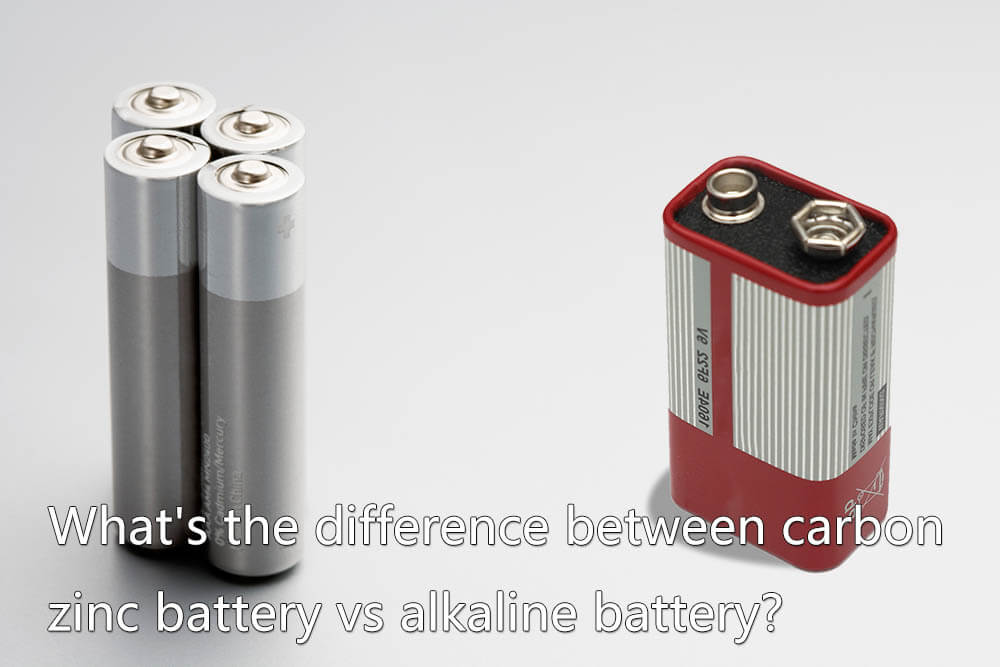
The pros and cons of carbon zinc battery vs alkaline
Pros of alkaline batteries ● Because of their high energy density, they have a light weight. ● Unlike carbon zinc batteries, alkaline batteries are most resistant to low temperatures. ● They are safer than carbon zinc batteries. Alkaline batteries suffer fewer leakages and are also safer to transport. ● They are cheaper since they’re primary batteries. ● Small internal resistance, so large current can be discharged. Cons of alkaline batteries ● Although the energy density of alkaline batteries is higher than that of carbon-zinc batteries, it is still not as good as lithium-ion batteries. Therefore, compared with lithium-ion batteries of the same specification, alkaline batteries are larger in size. ● Not rechargeable, more expensive than carbon-zinc batteries. Pros of carbon zinc batteries ● They are cheap compared to alkaline batteries. ● Their varying shapes and sizes are popular with consumers. ● The zinc chloride battery performs efficiently under high discharge conditions. Cons of carbon zinc batteries ● They have low energy density compared to alkaline and lithium-ion batteries. ● Carbon zinc batteries are prone to leakages. ● They have a lower shelf life than alkaline batteries. ● The voltage levels of carbon zinc batteries fall sharply during discharge. ● Some carbon zinc batteries are oxygen sensitive. ● There’s cadmium and mercury inside the carbon zinc battery, which is not environmentally friendly.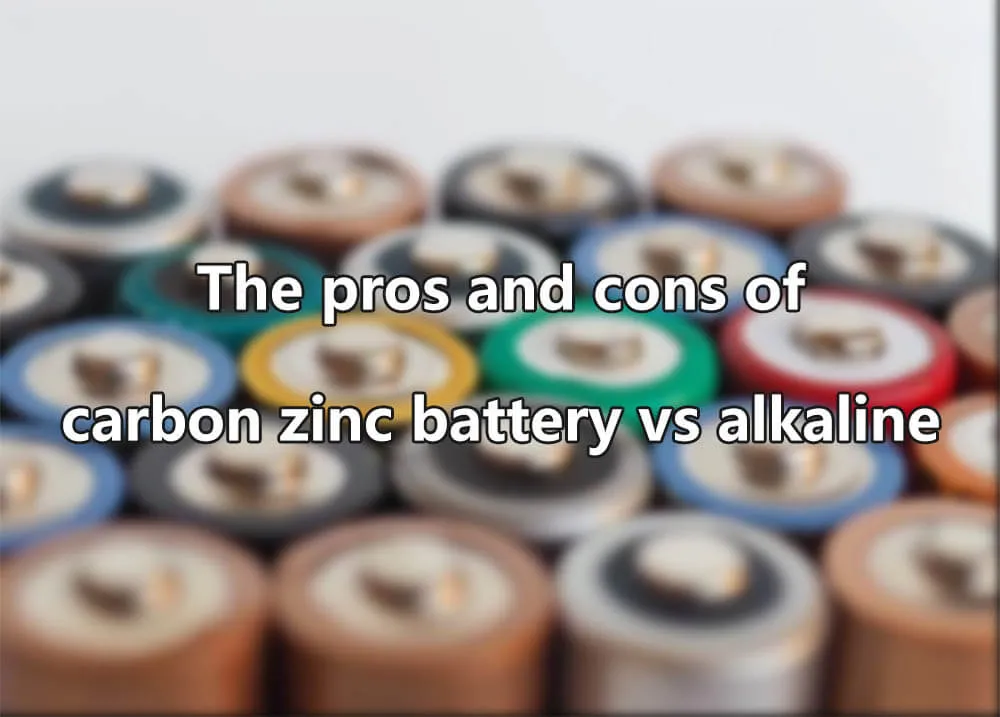
Are zinc-carbon batteries better than lithium-ion batteries
Lithium-ion batteries are the current popular battery type in the market, similar to lithium batteries, ions (zinc ions) in zinc-based batteries move from anode to cathode via the electrolyte, where they undergo chemical reactions. At the moment, zinc-carbon batteries are not better than lithium batteries. Comparing zinc-carbon vs alkaline batteries, they both have the no potential to rival or maybe even surpass lithium-ion batteries. Because of one primary reason: they are not rechargeable. Lithium ion battery is not only rechargeable, but also has excellent performance in other aspects, such as high energy density, long cycle life, low self-discharge rate, fast charging speed and small internal resistance. It has become the most popular rechargeable battery on the market, and the application of lithium battery in a very wide range such as hoverboard battery. As a result, there is little chance that carbon zinc batteries and alkaline batteries will replace lithium-ion batteries.Can I mix alkaline and carbon zinc batteries
Batteries with different chemical compositions are not interchangeable. Therefore, it is not advisable to mix alkaline and carbon zinc batteries. carbon zinc batteries are cheap alternatives to both alkaline and lithium-ion batteries. Additionally, due to the energy density difference between the two batteries, alkaline batteries being high and carbon zinc being low, mixing the two would cause damage to your device. This results from the carbon zinc battery being susceptible to both leakage and over-discharge.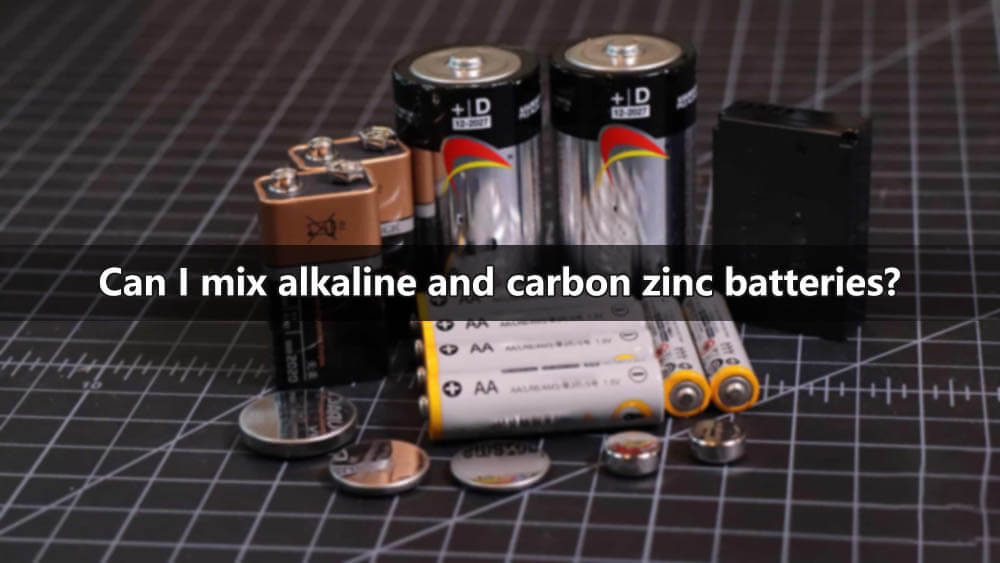
Conclusion
That is what it comes to in the carbon zinc vs alkaline battery debate. It mainly comes down to application due to their energy-density difference. carbon zinc batteries are used in devices that require low energy, e.g., television remote controls, while alkaline batteries are used in applications that require high density, such as radios. While comparing the difference between alkaline battery and lead acid battery, what is the specific, you can click the link to view. However, their main difference is the type of electrolyte used in the batteries which is a non-issue to consumers of the two batteries. If you have questions regarding these batteries, get in touch with a trusted battery manufacturer.Related post

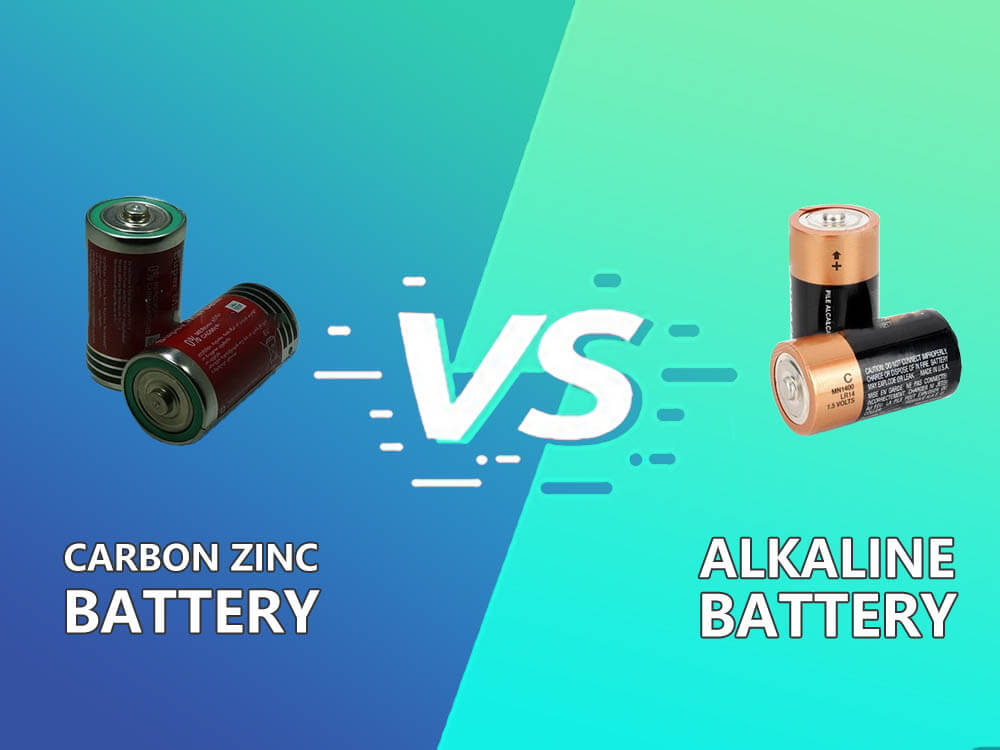
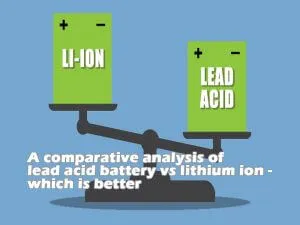

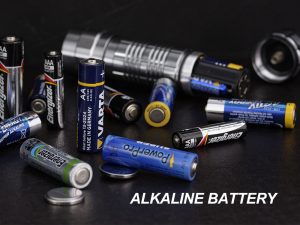


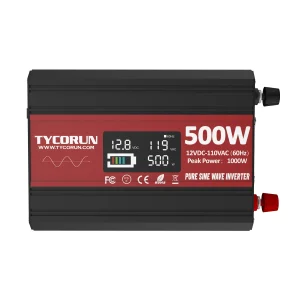
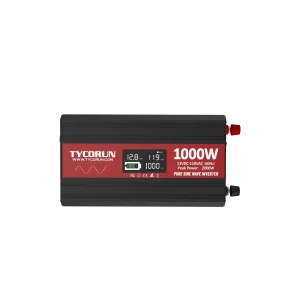
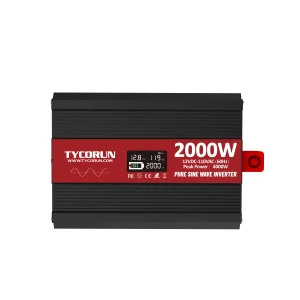
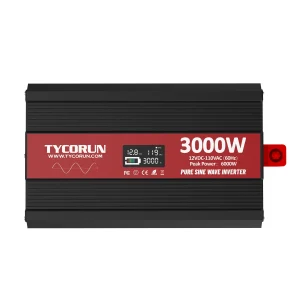
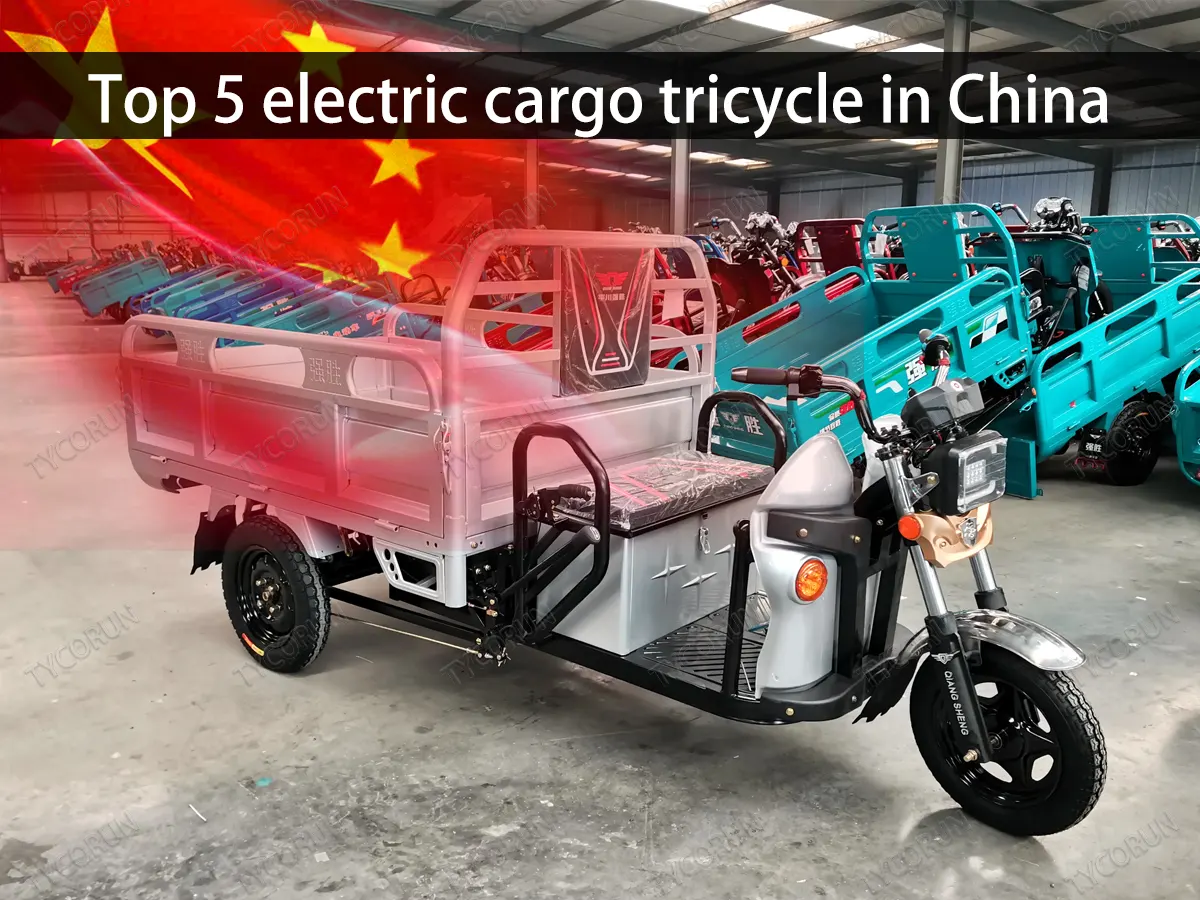
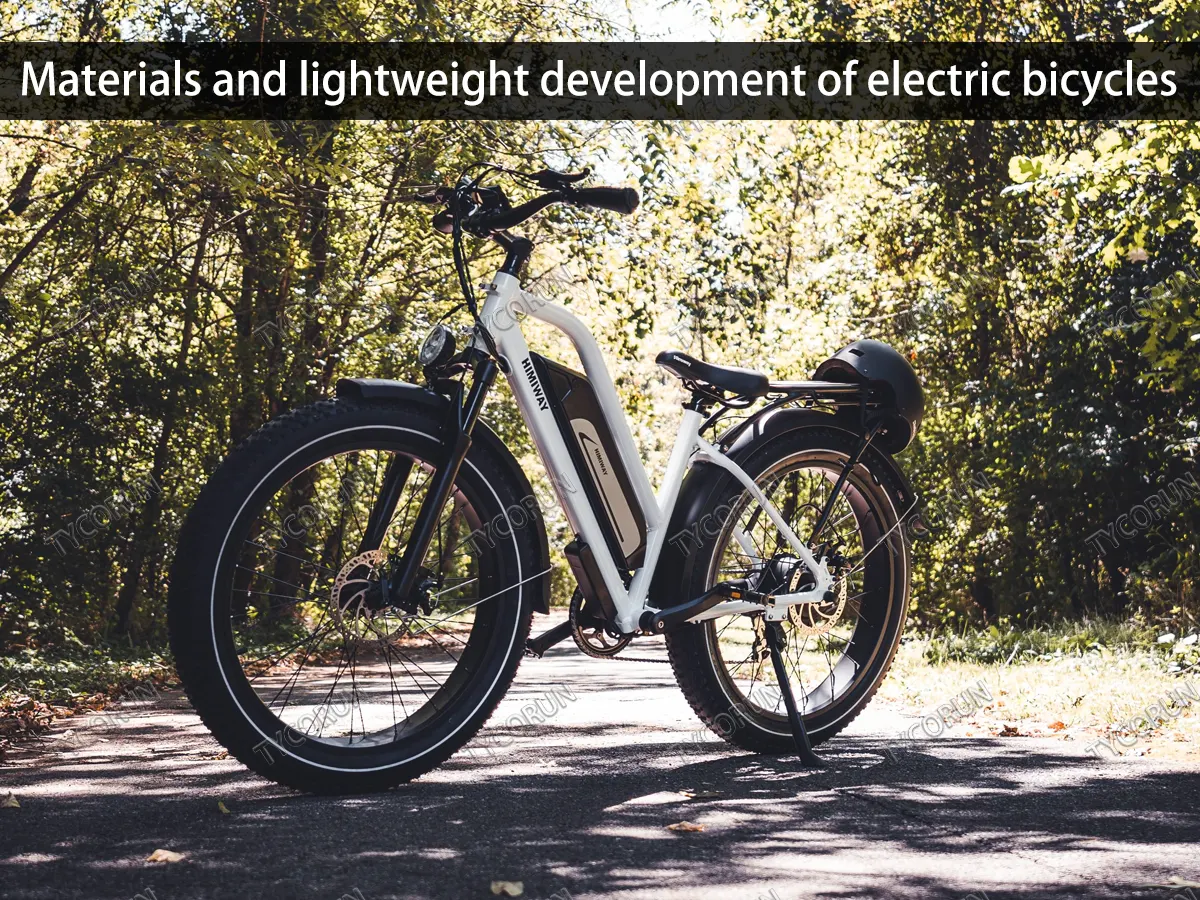

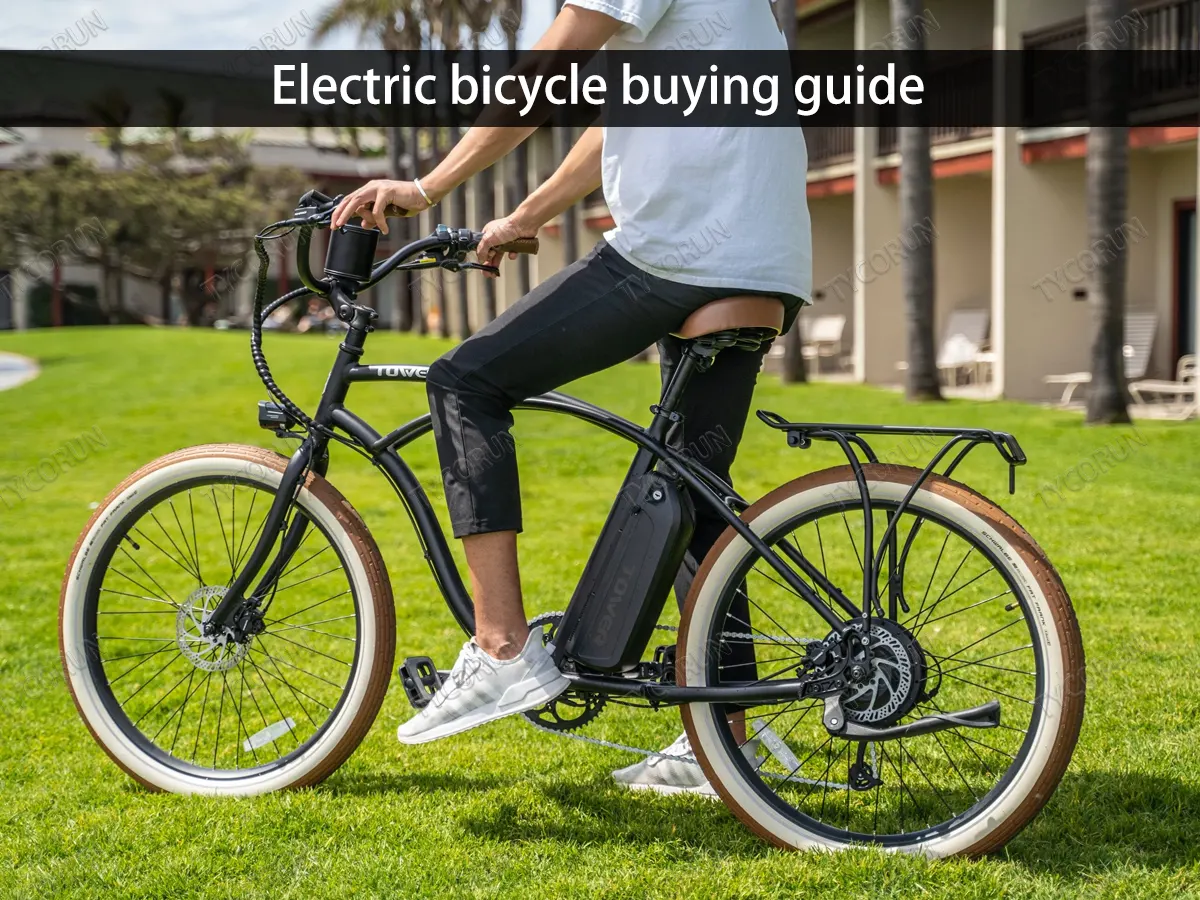


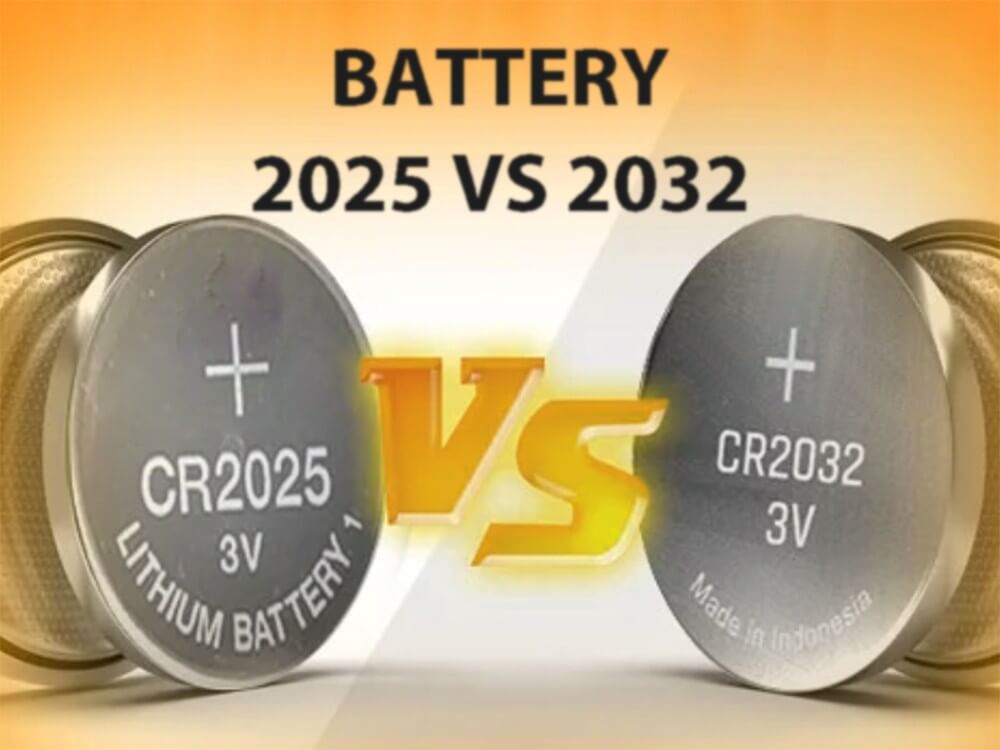
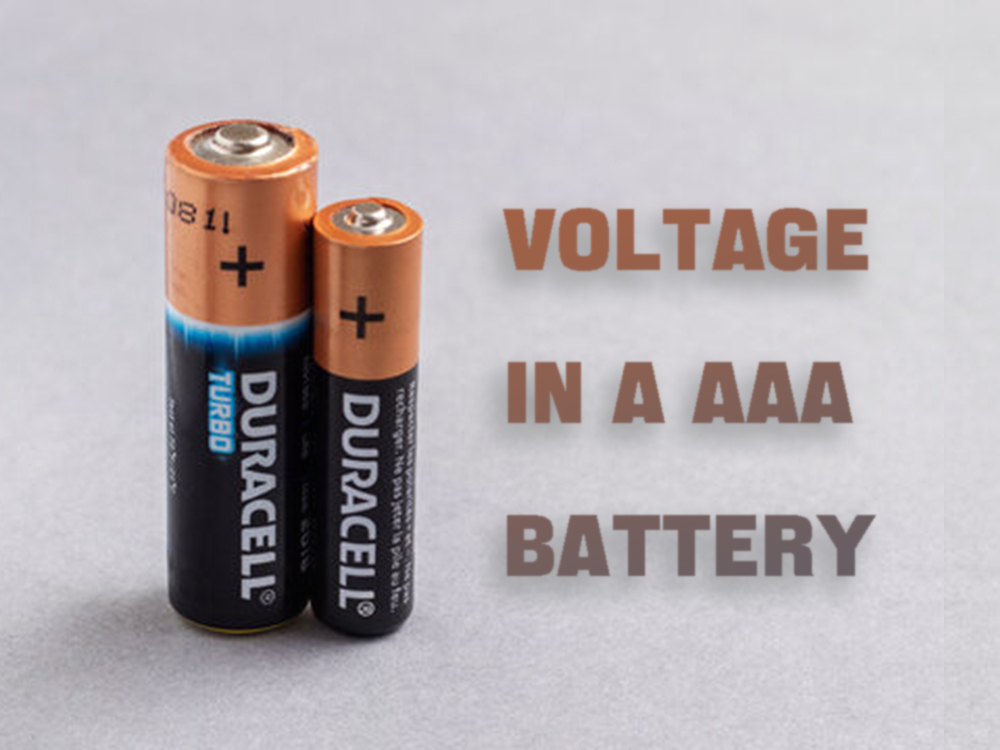
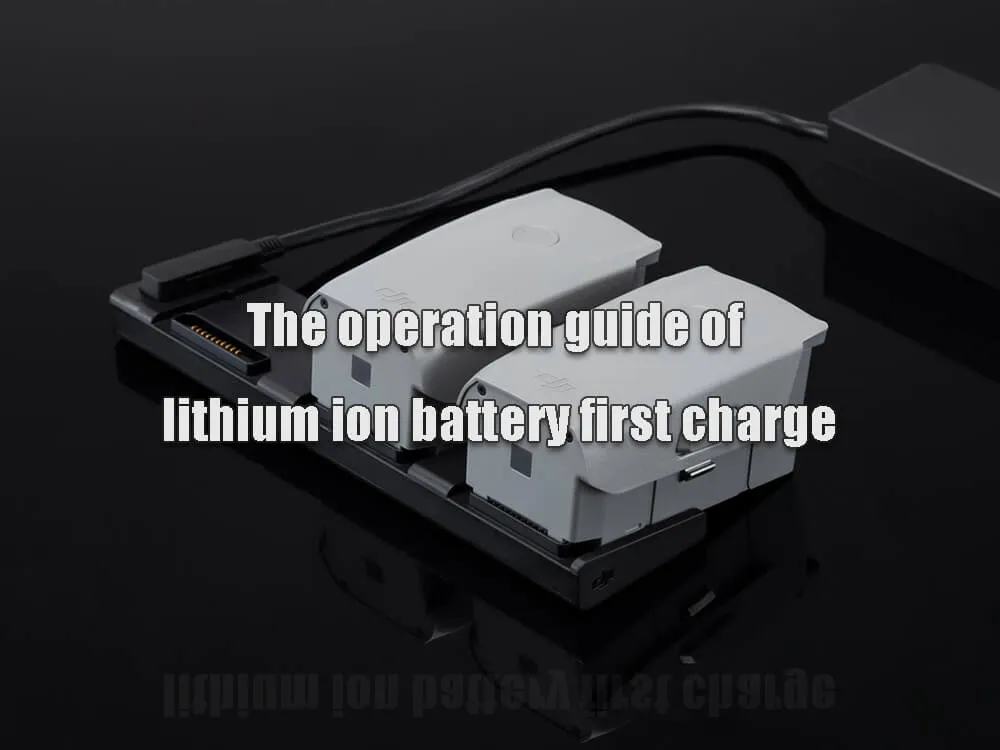
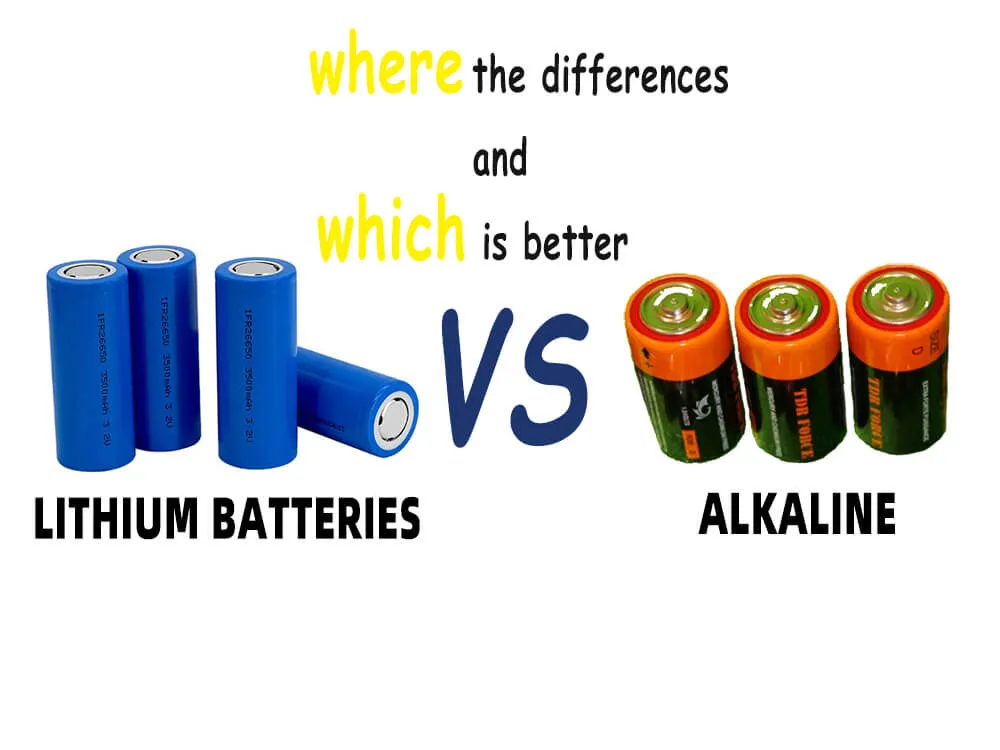



3 thoughts on “Comparison guide for carbon zinc battery vs alkaline”
hello , thanks for this article , i just want to ask you , is it ok to share this article on my facebook page ?
Hi there, thanks for your comment,of course it can be shared on your social media, as long as it’s credited.You could take a look at our recent article, hope it is also useful to you~!
Hello , thanks for sharing this nice article , i really enjoy your way in writing , can you pleas tell how to subscribe in your website ?